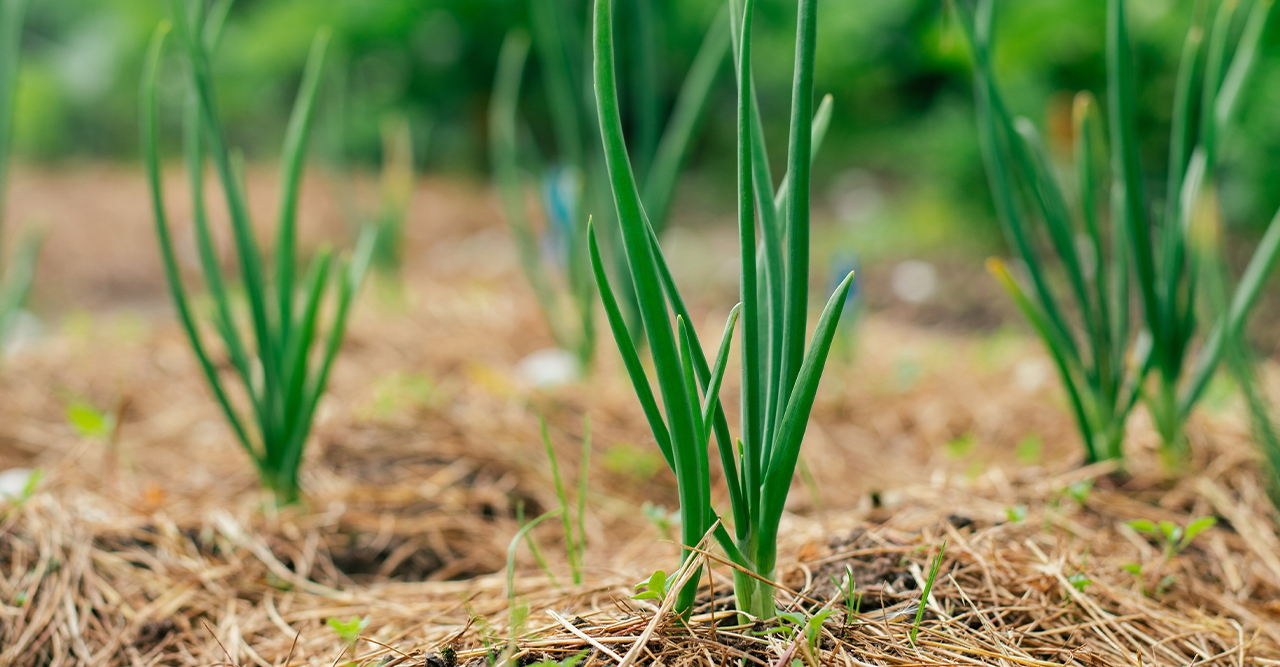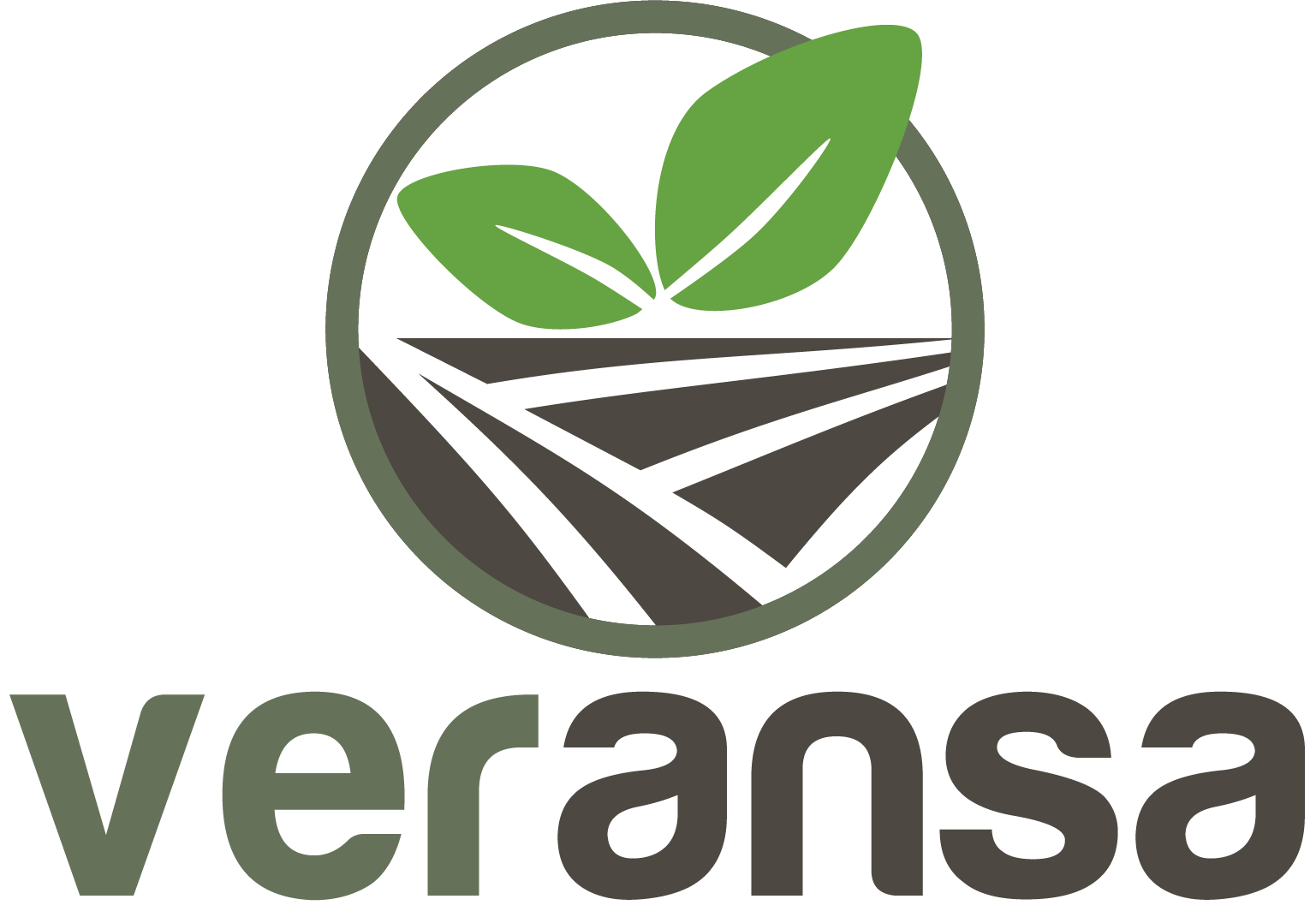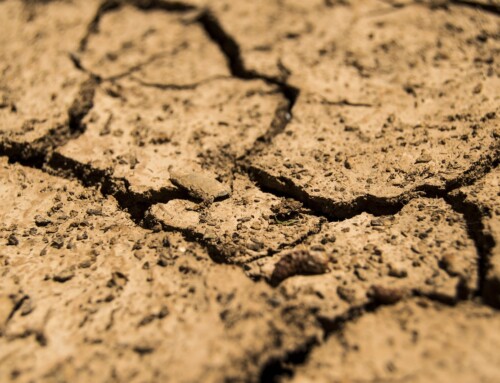Gardening and landscaping can be a tricky business. From insects to root rot, there are many reasons why your plants and trees may be suffering. In our last article, we examined the various types of soil. In this installment, we dive deeper into soil pH. Many people underestimate the importance of soil but it can make all the difference when it comes to the health of your yard and garden beds. But don’t be overwhelmed – a degree in chemistry is not essential to learning the basics. Read on to learn more about determining the health of your soil and ways you can correct it to bring your plants back to vitality.

Proper soil pH is essential for successful gardening. The level is affected by climate, moisture levels, and the amount of garden lime present in the ground.
Why are Correct pH Levels Important to Healthy Plants?
Did You Know? “pH” refers to “potential hydrogen” and measures the concentration of hydrogen in your soil. The soil’s pH level determines how acidic (sour) or alkaline (sweet) the soil is. The pH scale ranges from 0 (most acidic) to 14 (most alkaline) – although a reading at either end of the scale is uncommon. A pH reading of 7 is considered neutral. Acidic garden soils typically exhibit a pH of 4-6.5, while alkaline soils have a pH of 7.5-9.
Plants need to get 14 of the 17 essential nutrients from the soil they are planted in. Whether those nutrients are available depends on the soil’s pH level. Most nutrients are more available in mildly acidic soils. The sweet spot for most plants to thrive is a pH range of 6 to 7. Maintaining pH-balanced soil is just as vital as adding organic matter and nutrients to the soil. If plants are deficient in micronutrients, it may be due to nutrient-deficient soil – but it is just as likely that the nutrients are present, but the plant can’t absorb them because the pH is off.
Most plants thrive in neutral, slightly acidic, or slightly alkaline soils. However, it is important to understand your plant’s individual preferences. Some plants require highly alkaline or highly acidic soil to grow successfully. Proper levels are also critical because they impact the activity of beneficial microorganisms present in the soil. In highly acidic soil, the bacteria that decompose organic matter don’t function well – and organic matter can accumulate in the soil, consuming nutrients that your plants need.
What Determines Soil pH?
Multiple factors impact pH levels in the soil, including climate and rainfall. Some manmade factors, such as the addition of too much lime or other organic matter, also impact soil pH.
Gardeners cannot know the pH level of their soil with testing. There are several ways to determine a baseline of where your soil falls on the pH scale. Because pH may fluctuate seasonally, pH testing should be a routine aspect of gardening.
- Soil can be tested by sending samples to a Florida University Extension Office. Be sure to specify what type of plants you are growing or planning to grow so the samples can reveal not only the current pH level but also whether you should raise or lower it.
- Individuals can perform a pH balance test at home using a kit or a pH meter from a garden supply store.
Adjusting Soil pH Levels
Raising the pH of the Soil: Gardeners can utilize garden lime, which is made from finely ground white limestone, to raise the pH level. Garden lime is sold by the bag at garden centers. Pay attention to applying it in proper amounts, as too much lime will damage the plants. If a soil test reveals that raising the pH is needed, apply lime immediately by turning the soil over with a shovel to the depths of the plant’s roots.
Lowering the pH of the Soil: Lowering the alkalinity in the soil involves applying various soil amendments. These amendments vary in terms of how long they last, what plants they best work with, and when they should be added to the soil.
Veransa Has the Natural Products You Need
pH levels are just one facet of successful gardens and farms. That’s why Veransa® Custom Soil Blends are designed to meet and exceed your unique and specific gardening needs. We are committed to helping you cultivate the optimal soil environment for plant growth, whether you are a commercial landscaper, a home gardener, or an agricultural professional. Call today to learn more about our organic soil amendments and take advantage of our expertise and knowledge.



